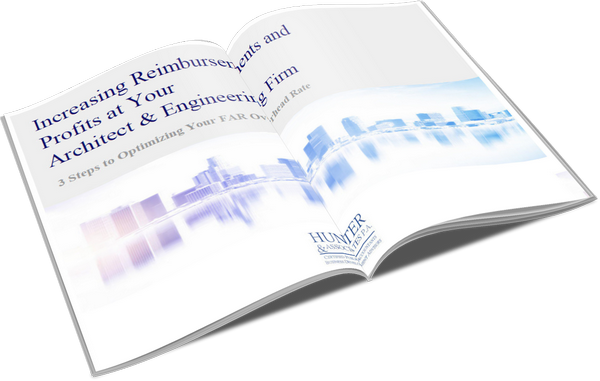
The simple answer is “no”, but there is more to know about the “no”. Let’s walk through the basics of amending a tax return.
If you discover an error after filing your taxes, you may need to amend your tax return. You should file an amended return if there's a change in filing status, income, deductions or credits. This is a reality as receipts are lost, records jumbled or the exclamation of: “I thought you kept that record.” It is more common than you might think to experience errors on a tax return since humans can easily misinterpret definitions of terms and expectations.
You can and should file an amended return if there is a change in filing status, income, deductions or credits.
Please note that the IRS may have already corrected mathematical or clerical errors on a return. They also may accept returns without certain required forms or schedules. In these instances, there is no need to file an amended return, but you can contact us, and we can help you amend your return.
If you need to amend a tax return, here are some important tips:
- Use the Interactive Tax Assistant. The interactive tax assistant Should I File an Amended Return? can help you determine if you should file an amended return to correct an error or make other changes to your original return. Once you know whether you should amend your return, you are welcome to let us know and we would be happy to help.
- Wait to file for corrected refund for tax year 2018. If you are due refunds from your original 2018 tax return, you should wait to get it before filing Form 1040X to claim an additional refund. Be patient because amended returns may take up to 16 weeks to process.
- File on paper. While you can determine if you should amend your tax return online, you must use Form 1040X Amended U.S. Individual Income Tax Return, to correct your tax return.
You can’t file amended returns electronically.
Once completed, you will mail Form 1040X to the address listed in the form’s instructions. However, if you are filing Form 1040X in response to an IRS notice, you should mail it to the address shown on the notice. - Amend to correct errors. You should file an amended tax return to correct errors or make changes to an original tax return. For example, you should amend your return to change your filing status. You should also file a 1040X to correct your income, deductions and credits.
- Don’t amend for math errors. You generally don’t need to file an amended return to correct math errors on your original return. The IRS will automatically correct these.
- Don’t amend for missing forms. You also don’t need to file an amended return if you forgot to attach tax forms. The IRS will mail a request to the taxpayer for missing forms.
- File your amended return within a three-year time limit. You usually have three years from the date you filed the original tax return to file Form 1040X to claim a refund. You can file it within two years from the date you paid the tax, if that date is later.
- Pay additional tax as soon as possible. If you will owe tax, you should file Form 1040X and pay the tax immediately to avoid potential penalties and interest on the unpaid taxes. In this case you should consider using IRS Direct Pay to pay any tax directly from a checking or savings account at no cost. (Which is online – electronically)
- Track amended return. You can track the status of your amended tax return three weeks after you file, using the online tool: ‘Where’s My Amended Return? on IRS.gov or use the toll-free telephone number 866-464-2050.
- Separate forms and envelopes when amending for multiple years. File a separate Form 1040X for each tax year you're amending. Mail each form in a separate envelope. Be sure to enter the year of the return you're amending at the top of Form 1040X.
- Don’t file an amended return after an audit starts. If you have been selected to be audited, you find it better to not file an amended return after the audit starts. It is not likely the auditor will get your amended return quickly enough, filing it may create confusion. Discuss any proposed change with the revenue agent conducting the audit.
Filing an amended return may result in a tax refund or make you liable for more tax. In either case, it may affect your state tax liability. For information on how to correct your state tax return, contact your state tax agency.
Is it worth the time and effort to file an amended return? Many times, it is. Sometimes filing an amended return is triggered by an audit notice. We can help you with an audit or to amend your tax return and help you with tax planning to avoid unexpected surprises. Take a moment to contact us!




